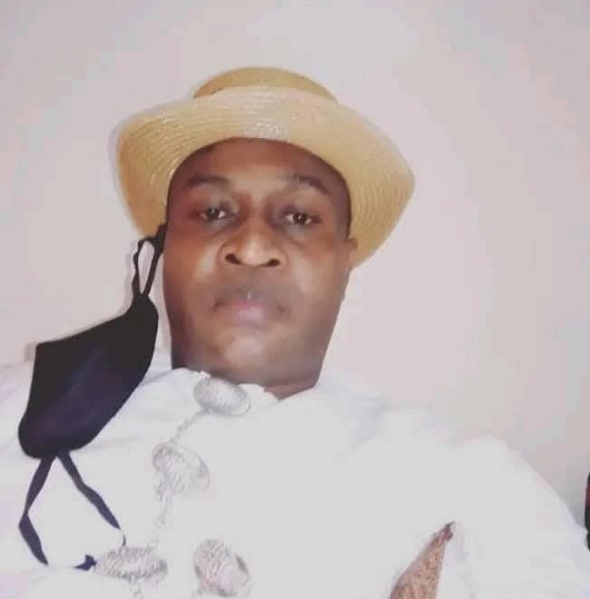By: Daniel Okonkwo
The history of the Nigerian Civil War (1966–1970) continues to evoke strong emotions and differing interpretations. Recently, Femi Fani-Kayode’s post on his Facebook page on the 1966 coup and the war has sparked controversy, particularly in contrast to the account provided by former Head of State, General Ibrahim Babangida. It is imperative to correct misrepresentations and present a more accurate, military-grounded perspective—one that reflects the reality of events as experienced by those who participated in and witnessed them firsthand.

Fani-Kayode’s interpretation of the January 15, 1966, coup conveniently ignores a crucial aspect—the widely known intent to free Chief Obafemi Awolowo from prison and install him as Prime Minister. This motivation is often overlooked in revisionist narratives that attempt to cast the coup in purely ethnic terms. By focusing solely on the ethnic composition of the coup plotters while ignoring the political context, Fani-Kayode selectively interprets history to fit a predetermined conclusion.
General Babangida, a military officer who was on the ground, offers an informed and balanced account of the events. His acknowledgment that the coup took on an “ethnic coloration” does not equate to labeling it an “Igbo coup.” Rather, it reflects how external influences distorted the original intent of the putsch, leading to its misrepresentation as an ethnic action.
The assertion that 99% of those involved in the coup were Igbo is misleading and fails to account for figures like Adewale Ademoyega and other Yoruba military officers who played a key role. More importantly, the absence of a coup in the Eastern Region does not automatically mean the coup was solely for Igbo interests. Strategic and operational decisions at the time shaped the execution of the coup, and its primary goal was political reform, not ethnic domination.
The idea that Ndigbo, as a collective, were behind the coup is an oversimplification that ignores the diverse political and ideological divisions within the region. This misrepresentation has, for over fifty years, stigmatized the Igbo people. Yet, despite this, the Igbo have moved on. What remains crucial is that history be taught in schools in an accurate and unbiased manner to mitigate the distortion of facts and prevent future misunderstandings.
If Fani-Kayode’s argument is fueled by grievances over the annulment of the June 12, 1993, presidential election, his anger is understandable. However, conflating this with a revisionist portrayal of the events of 1966 does a disservice to historical accuracy. Babangida’s reputation and firsthand experience in military affairs lend more credibility to his account than the speculative narratives of a former minister with no direct involvement in these events.
It is also worth noting that starting a narrative with how Major Nzeogwu murdered Sir Ahmadu Bello and his wife may be an emotionally charged introduction, but it does not in itself validate claims of an ethnically motivated coup. No tribe is being accused of orchestrating atrocities, and playing politics with historical truth only serves to deepen divisions rather than promote understanding.
Ultimately, history must be examined holistically and with intellectual honesty. The coup of January 15, 1966, was a military intervention shaped by political grievances and power struggles, not simply an “Igbo coup.” As Babangida rightly pointed out, the complexity of the events should not be reduced to ethnic scapegoating. Facts are sacred, and we must ensure they remain untainted by political agendas and selective outrage.
Daniel Okonkwo Profile International Human Rights Advocate.







